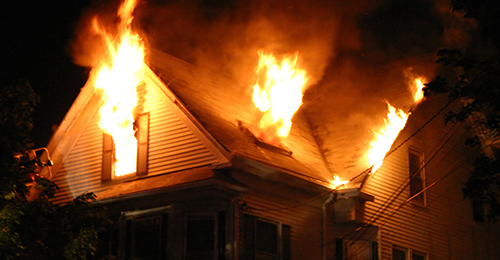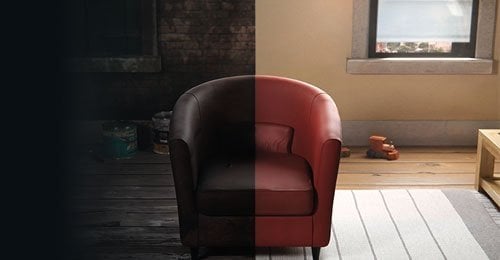This post was published on May 5, 2025 | Updated on Sep 10, 2025

When shopping for home insurance, the quote you receive is often the first step in securing the right cover for your home. However, the process isn’t as straightforward as just choosing the cheapest option. A comprehensive home insurance policy will protect your home and personal liability, so it's important to consider several factors before accepting a quote. Here’s a breakdown of the key elements to keep in mind when getting a home insurance quote.
1. Home’s Replacement Cost vs. Market Value
One of the most common misconceptions is that building insurance should cover the market value of your property. In reality, what you want is to cover the replacement cost—the amount it would take to rebuild your home from scratch in case of a disaster, regardless of what the property’s current market value is.
Keep in mind:
- Market value is what the home is currently worth based on its age, location, and condition.
- Replacement cost is not necessarily area dependent, it’s more around the cost of building material, based on inflation and other economic factors.
Ask your insurer how they calculate replacement costs, and ensure that they consider local construction costs and the building materials used for your home.
2. Cover Types and Limits
Not all home insurance policies are created equal. Depending on the level of protection you choose, cover types can vary. Here's what to look for:
• Building Cover: This covers the structure of your home. It should be sufficient to cover the full cost of rebuilding.
• Household Contents: This covers your personal belongings like electronics, furniture, clothing, and more. Ensure the limit is sufficient to replace everything you own.
• Liability Cover: This covers legal and medical expenses if someone is injured on your property or if you accidentally cause damage to someone else's property.
• Alternative accommodation and Rent: If your home is uninhabitable due to a covered event (like a fire), this will cover temporary housing and living expenses.
Check the limits for each of these covers and consider if they meet your specific needs.
3. Excess Payment
An excess payment is the amount you’ll pay out of pocket before your insurance kicks in after a claim. Normally, the higher your excess, the lower your premium will be, but it also means you'll have to cover more costs upfront in the event of a claim.
When selecting an excess, consider:
• Your ability to cover the excess amount in the event of an emergency.
• The impact a higher excess has on your monthly premiums.
4. Discounts
Insurance providers often offer discounts that can reduce your premium. These can vary by insurer, but some common discounts include:
• Bundling: Combining home and car insurance policies.
• Security Features: Having an alarm, fire detection system, or smart home technology in place can lower your premium.
• Claims-Free: If you haven’t filed any claims in recent years, you may be eligible for a discount. Be sure to ask about all available discounts when requesting a quote.
5. Cover for Natural Disasters
Homeowners in certain regions may need additional cover for natural disasters such as earthquakes, floods, or hurricanes. Most standard home insurance policies don’t cover flood or earthquake damage, so it’s crucial to determine if you need these add-ons and how much they will cost.
Ask the insurer if these types of covers are included, or if they are available as separate policies.
6. Exclusions and Limitations
Each home insurance policy has specific exclusions, which are things that aren’t covered by your plan. Common exclusions can include:
• Damage caused by neglect or lack of maintenance: If you don’t properly maintain your home, insurance may not cover damage caused by wear and tear.
• Floods or earthquakes: As mentioned, these are typically not covered in standard policies.
Make sure to carefully read the terms and conditions to understand what is and what is not covered and whether you need to make adjustments.
7. Policy Renewal and Rate Increases
When comparing home insurance quotes, consider how premiums might increase over time. Understand how often your premium may change and whether there are any caps on increases.
8. Personal Circumstances
Certain personal circumstances may affect your premium or the type of cover you need. For instance:
• Home age and condition: Older homes may require specialised cover due to potential risks from aging systems, plumbing, or roofing.
Make sure to disclose all relevant details to your insurer, so they can provide an accurate quote.
Choosing the right home insurance policy isn’t just about finding the lowest premium; it’s about finding the right cover to offer financial protection against damage or loss to your home, belongings, and future. By carefully considering these factors when requesting a home insurance quote, you’ll be better equipped to make an informed decision that gives you peace of mind without breaking the bank.

#wyzemove: Take the time to assess your home, its value, and your personal needs. And remember, your home is likely one of your most significant investments to ensuring it’s properly protected is worth the effort!




